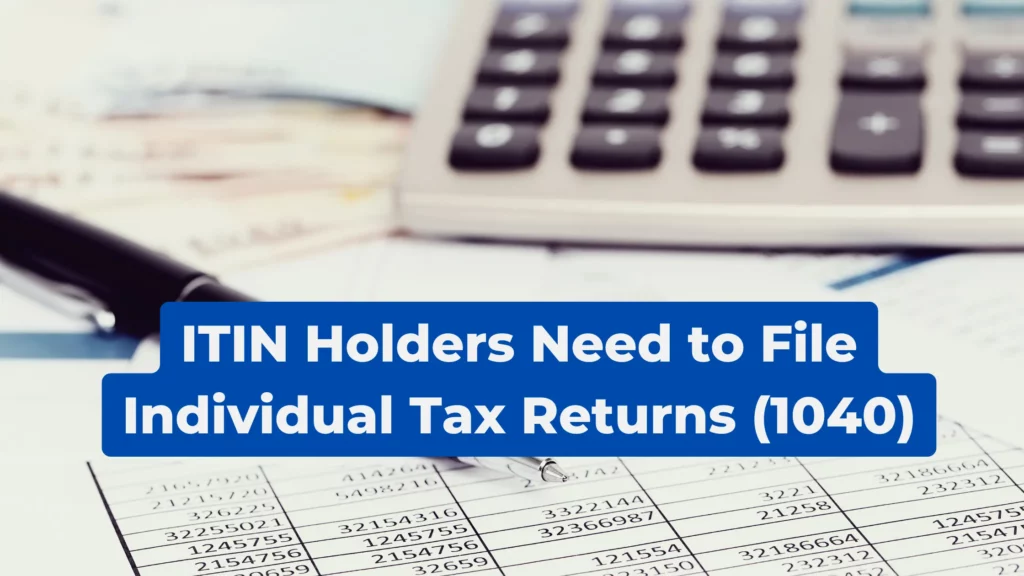Opening a bank account in the United States is a straightforward process for residents, who can do so easily with their Social Security Number (SSN). However, for non-residents or non-citizens, the process can be more complex and requires additional steps. In this blog post, we will explore the requirements for opening a bank account in the United States and provide guidance on the necessary documentation.
Opening a Bank Account for US Residents
For US citizens and residents, opening a bank account is relatively simple. You need to apply to a bank of your choice with your SSN, and the bank will handle the rest. This streamlined process makes it easy for residents to access banking services quickly.
Challenges Faced by Non-Residents
Non-residents, on the other hand, face a different set of challenges. This is especially true for those planning to form a business in the US, where a bank account is essential. Most banks initially request an SSN, which many non-residents do not possess. Although some banks allow individuals without an SSN to open an account, these banks are less common. Nevertheless, it is possible for non-residents and non-citizens to open personal or corporate bank accounts in the US.
How Can Non-US Citizens Open a Bank Account in the United States?
Focus on International Banks
For non-residents, the best strategy is to target international banks. National banks often require physical presence to open an account, which can be challenging for those living abroad. Notable international banks like JP Morgan Chase and TD Ameritrade are popular choices for non-residents.
Obtain an ITIN
Individuals without an SSN can apply for an Individual Taxpayer Identification Number (ITIN). The IRS issues ITINs to non-residents and non-citizens who are ineligible for an SSN. With an ITIN, opening a bank account in the US becomes more feasible.
Additional Tips for Non-Residents
Having a rental agreement can simplify the process of opening a bank account, even at national banks. You can secure a rental contract by renting a virtual office in the US at a low cost. This document can be a valuable asset during the account opening process.
Opening a Business Bank Account in the US
If you have a company in the US and wish to open a business bank account, you will need to provide the following documents:
- Incorporation certificate
- Employer Identification Number (EIN)
- Company address
- Passport number or a copy of the passport for the undersigned and the ultimate beneficial owner of the company
While opening a business bank account may require time and patience, following these steps will help ensure success.
Conclusion
Opening a bank account in the United States as a non-resident or non-citizen can be challenging, but it is not impossible. By focusing on international banks, obtaining an ITIN, and preparing the necessary documentation, you can successfully open a personal or business bank account in the US. For more detailed guidance and assistance, consider visiting clemta.com, where you can find additional resources and support for navigating the US banking system.







